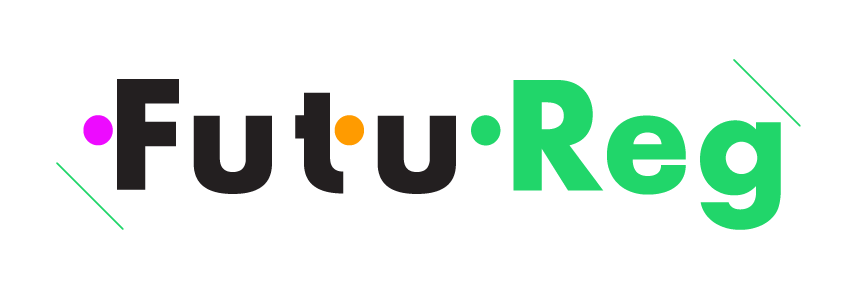The international conference on WOWIT, held at the New York Saloon in Duajska Streda, focused on using inclusive techniques and educational methods to help women find their place in the labour market.
The topics of the day were very diverse, including a play house in Dunajska Streda, the world of media, innovative methodologies in education and the characteristics of mothers returning to work. Many of the speakers preferred to speak in their mother tongue, but this was not an obstacle to the conference thanks to the organisation of the conference and the flexibility of the international partners. Both the Slovenian and Czech partners were thus able to discover the beauty of the Hungarian language, accompanied of course by a parallel translation into the common language, English.
The first presentation was given by Mónika Nagy, one of the founders of Vovo Land, who explained to the participants why she and her partner decided to set up their joint playhouse, which was unique at the time. Vovo Land is still an active playhouse today, with numerous events taking place year after year, such as Vovo Talk, Vovo Camp and Vovo Land Family Days.
Our second speaker was Tóth Tünde, one of Rye Island’s most popular female reporters. Tünde’s performance was unusual, because unlike previous speakers, her presentation was not accompanied by a presentation, but rather by her physical presence and the power of words. He covered three main topics, including how he got into the media world. She is a teacher by university education, and after a year in the profession she realised that this was not her career, that she was more attracted to the media world. The main message of his presentation was these words, because in order to be successful, it is crucial to love what you do with all your heart.
After her presentation, the participants enjoyed a delicious lunch, which was a credit to the chefs and waiters in the restaurant, who created the ideal atmosphere for lunch with their kind and helpful service.
After the lunch break, Ivett Pavlis, founder of Rodič ľavou zadnou, presented her work. Ivett briefly summarised the events in her private life that motivated her to create this innovative educational methodology. Its method is perfectly applicable from primary school to secondary school. What makes it special is that it actively involves parents in these exercises, and during his lectures he gave concrete examples to the audience, such as his exercise on conflict management, where parents and children were in a separate group. One group, while inside the room, was introduced to a basic situation, while the other group, outside the room, was given information about a completely different situation. When the two groups met, they used conflicting information to solve the problem at hand. From this short presentation, we can see that Ivett wants to make her activities as realistic and everyday as possible within the framework of the activities she has created.
The last speaker of the day was Marianna Mrva, sociologist. Her topic was the situation of women in relation to the labour market. The speaker used statistics to show that childless working women are as much a part of the labour market as working men. However, mothers can face structural and cultural problems when returning to work. In practice, a structural problem may be that there are regions where nurseries and kindergartens are difficult to access. And a cultural problem may be the culture of the company, where, for example, a 3-hour meeting may be difficult for a mother to fit in, as she has to look after her children at the same time.
The message of the presentations was that women are indeed versatile in the labour market. There are women who become entrepreneurs, media personalities, sociologists or even excellent teachers, based on their own interests. But it is recognition, dedication, hard work, overcoming obstacles and unbroken faith that will take them as far as they can within the labour market, even in the face of the specific problems that women face. We feel that the speakers and the presentations they gave were a strong motivation and example for the audience.
2021-1-SK01-KA210-ADU-000034089



